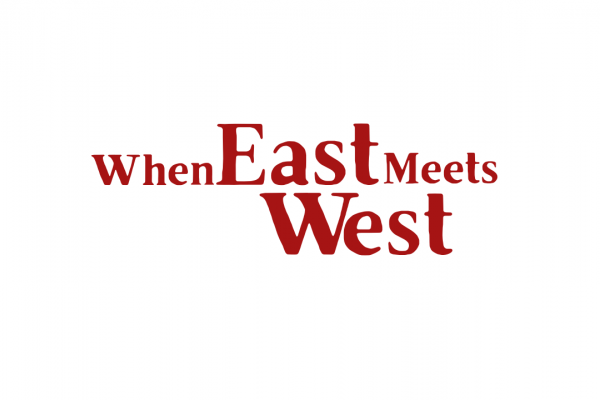
November 19, 2024
5:00 pm
-
7:00 pm
Online (Registration Required)
Humanities Department (CSCC) and East Asian Studies Center (Ohio State) present:
When East Meets West Symposium
Cross Cultural Exchange along the Maritime Silk Road
Shipwrecks of the Maritime Silk Road: Understanding Material Evidence for Long-Distance Trade
Amanda Respess, The Ohio State University
Mapping Medieval Waters: China and the Islamic World on the High Seas
Hyunhee Park, The City University of New York, John Jay College and the CUNY Graduate Center
Moderator: Kyriakoula (Sandy) Drakatos, Columbus State Community College
File
WEMW flyer (opens in a new window)159.22 KB
